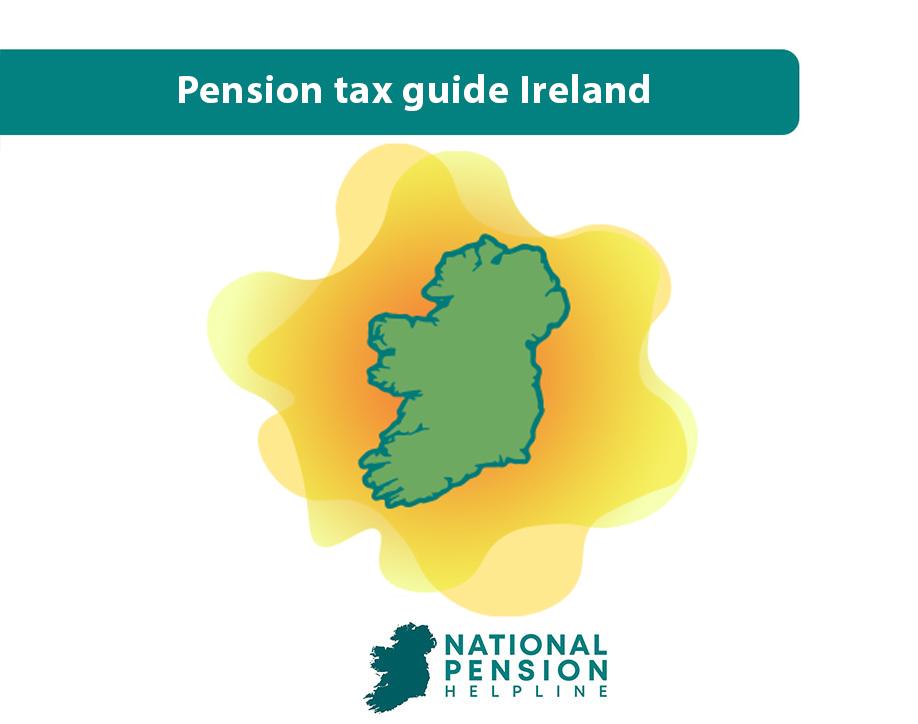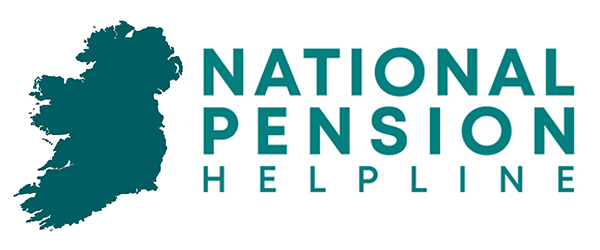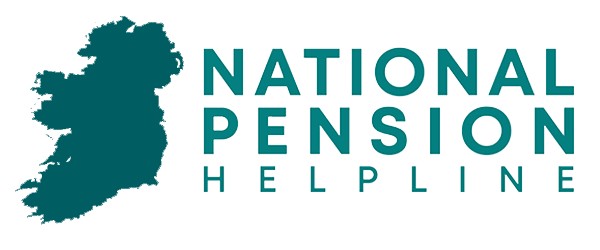Understanding how pension tax works in Ireland is essential to help you make better decisions for retirement and avoid common mistakes that could lead to higher taxes and a reduced pension pot.
The many different types of pensions can be subject to different taxes upon receiving payments. As well as this, there are also tax considerations related to pension contributions that you must bear in mind to ensure you retire with your desired income.
Tax Treatment of Different Pension Types
Taxes are paid on different types of pensions and understanding those that you will have to pay on your withdrawals will help you better plan for the retirement that you deserve. Pension contributions also qualify for tax relief, which is also explored in more detail below.
What pensions are exempt from tax in Ireland?
No standard pension income is fully tax-exempt, but some elements including your lump sum are tax exempt.
However, there are a number of other payments which are exempt from taxation, including:
Tax on Pension Lump Sums in Ireland
When you claim your pension it is almost always possible to take some portion of the overall fund as a tax-free lump sum.
In the case of a Personal Retirement Savings Account (PRSA) or Retirement Annuity Contract (RAC) the maximum tax free lump sum which can be drawn on retirement is 25% of the total fund, up to a maximum threshold of €200,000.
The next €300,000 is taxed at 20%, and anything above this amount is taxed at your marginal rate and subject to USC.
Pension Tax Relief
Employees in Ireland are entitled to income tax relief on contributions made to a pension scheme each year, whether it is an occupation scheme set up with their employer, or a self-administered pension.
Income tax relief is provided at a person’s marginal tax rate. For a standard rate payer this will be 20%, or if you are paying tax at the top rate, relief will be provided at 40%.
That means if you contribute €500 to a pension scheme, you would be entitled to either €100 or €200 worth of tax relief, depending on your tax band.
Tax Relief Limits
There are strict limits to the amount of income for which you are able to claim tax relief in relation to pension contributions. These are centred around your total income and your current age bracket.
There is also an overall limit on the amount of earnings which may be taken into account for tax relief in any given year, which is currently set at €115,000. This overall limit applies to a single or multiple sources of income.
There is also an age bracket limit on the amount of a person’s earnings for which they may claim tax relief. This percentage gets higher as you get older, which means that you can increase your contributions tax-efficiently as you approach retirement.
| Under 30 | 15% |
| 30 – 39 | 20% |
| 40 – 49 | 25% |
| 50 – 54 | 30% |
| 55 – 59 | 35% |
| 60 or Over | 40% |
Tax on Income
There are also taxes on income for those in different situations such as Irish citizens who are living abroad and those with a foreign pension in Ireland.
Tax on Irish Pensions When Living Abroad
If you live abroad but receive an income from an Irish pension, it is generally taxable in Ireland. Double-tax agreements between Ireland and the country you live in may stop or reduce the likelihood of being taxed twice.
Tax on Foreign Pension in Ireland
If you have a pension from another country, but are resident in Ireland, how tax is paid on that pension will vary based on whether Ireland has a double taxation agreement with the country.
The circumstances may still be different depending on the nature of that agreement, and whether a person is in private or public employment.
How to Avoid Pension-Related Tax
Avoiding pension related tax is generally not possible, however you can avoid paying emergency tax on your pension and there are some strategies that can maker inheritance as tax efficient as possible.
Avoid Emergency Tax on your Pension
To avoid having Emergency Tax deducted from this pension, you can provide your pension provider with your Personal Public Service Number (PPSN). Your pension provider will then request a Revenue Payroll Notification (RPN).
Avoiding Inheritance Tax
Passing on your pension assets can trigger inheritance tax, depending on the structure. ARFs may be taxed at the marginal rate, while lump sums may face Capital Acquisition Tax (CAT).
Your spouse can receive the ARF into their own ARF without income tax or Capital Acquisitions Tax (CAT). They will pay income tax on any withdrawals from the ARF.
However, children under 21 do not pay tax on pension inheritance. They may however have to pay CAT, depending on the amount inherited. For children over 21, tax is charged at a 30% flat rate on pension inheritances.
Early planning and speaking to a financial advisor will help you make the best decisions with regards to inheritance tax and your pension.
Pension Tax FAQs


